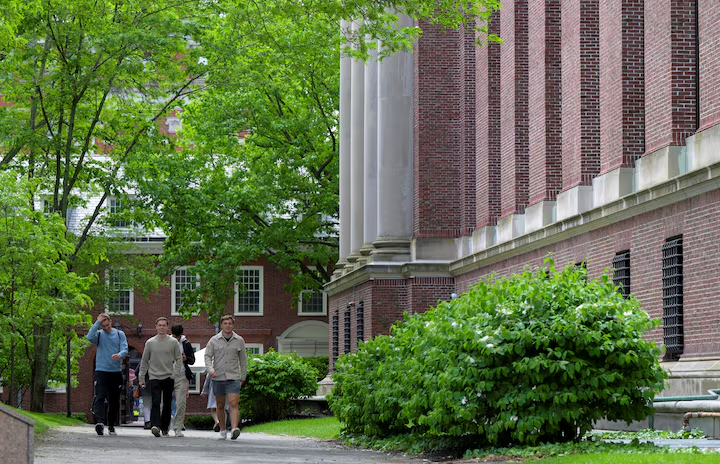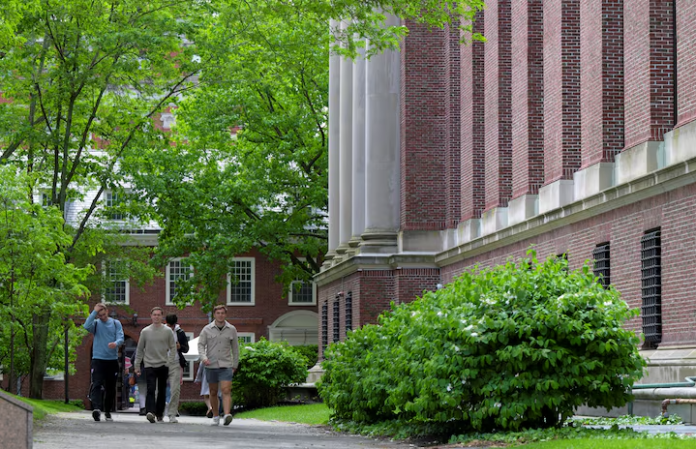Harvard University is fighting to preserve its global academic influence after former President Donald Trump launched an aggressive move to block international students from attending its prestigious Kennedy School of Government.
Oscar Escobar, the youngest-ever mayor of a Colombian town, was thrilled when he got accepted into Harvard’s John F. Kennedy School in 2023. The 35-year-old envisioned shaping policy with fellow leaders from around the world. But now, thanks to new Trump-era immigration orders, he may be among the last foreign students to walk its halls.
In May, the U.S. Department of Homeland Security accused Harvard of fostering antisemitism, tolerating violence, and allegedly collaborating with the Chinese Communist Party. The agency then moved to revoke the university’s ability to enroll international students—threatening thousands of current visa holders with expulsion or forced transfers.
President Trump doubled down in early June with a proclamation banning new foreign students from entering the U.S. to attend Harvard. He also urged the State Department to revoke visas of those already enrolled, claiming the university posed a national security threat.
Harvard has fiercely pushed back, calling the actions unlawful and politically motivated retaliation for resisting federal pressure over its curriculum and governance. In court filings, the university says it is actively addressing campus safety and antisemitism concerns.
A federal judge has temporarily blocked both Trump orders pending further legal review. Still, if implemented, the ban would deal a devastating blow to Harvard—especially to the Kennedy School, where over half of all students come from outside the U.S.
The Kennedy School proudly boasts a student body from more than 100 countries and has long served as a pipeline for future global leaders. Notable alumni include former Mexican President Felipe Calderón, Singapore Prime Minister Lawrence Wong, and Moldovan President Maia Sandu.
Former U.S. diplomat and Kennedy School professor Nicholas Burns emphasized that the school’s international makeup is intentional. “It replicates the world as it is,” he said, arguing that diverse perspectives help prepare students to navigate global politics.

Critics argue that banning international students will diminish America’s “soft power”—a term coined by Harvard political scientist Joseph Nye, referring to the U.S.’s ability to influence the world through culture, education, and values rather than force.
Sandu, who led Moldova’s push toward the European Union, credited Harvard for opening her eyes to shared global struggles. “At Harvard, I met people from all over the world, and realized that development is a long-term mission,” she once told graduates.
Escobar, now back in Colombia working on a presidential campaign, reflected on his bittersweet graduation. “If Harvard can no longer welcome global students, America is closing the door on its own future,” he said. “If President Trump truly wants to make America great again, this is a huge mistake.”



